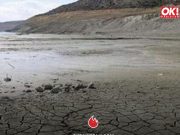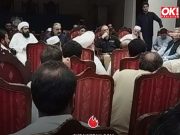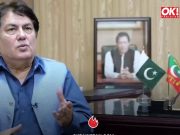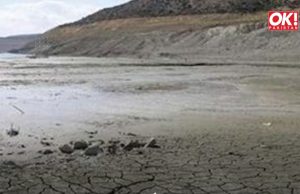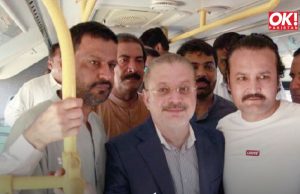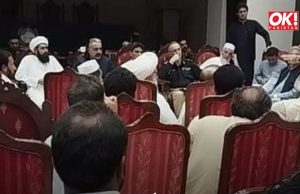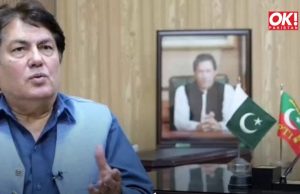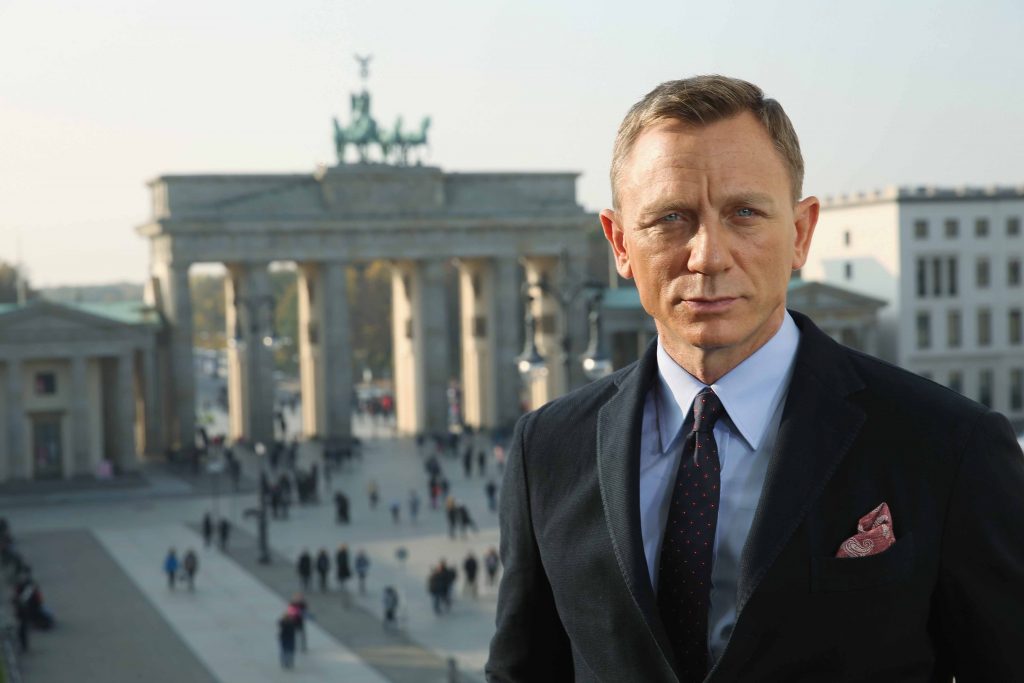 Like Connery, Moore, and Brosnan before him – Daniel Craig has managed to put his own stamp on the world’s longest running film franchise and arguably most famous fictional character. He’s redefined Bond in a way that embraces the best of Ian Fleming and which has enabled the spy saga to attain true blockbuster status as measured by the $2 billion in combined box-office receipts generated by the previous two Bond movies – Skyfall [2012] and Spectre [2015].
Like Connery, Moore, and Brosnan before him – Daniel Craig has managed to put his own stamp on the world’s longest running film franchise and arguably most famous fictional character. He’s redefined Bond in a way that embraces the best of Ian Fleming and which has enabled the spy saga to attain true blockbuster status as measured by the $2 billion in combined box-office receipts generated by the previous two Bond movies – Skyfall [2012] and Spectre [2015].
No Time To Die, directed by Cary Fukunaga, is the 25th instalment in the Bond opus that began 50 years ago with Dr. No and has since become a part of our cultural landscape. Following in the footsteps of Gerd Frobe, Donald Pleasance, Adolfo Celi, Telly Savalas, Michael Lonsdale, and Christopher Walken (to name only the best), Rami Malek, as Safin, becomes the latest in a long line of classic arch-villains in the Bond pantheon. This time out, Craig’s 007 must track down Safin, who has kidnapped a top scientist, and prevent him from launching a new technology that threatens civilisation.
Léa Seydoux reprises her role from Spectre as Dr. Madeleine Swann while rising new star Ana de Armas takes on the so-called ‘Bond Girl’ role (with apologies to the MeToo movement) as Paloma, who spends much of the film at Bond’s side as the story criss-crosses the globe. Other cast members include Ralph Fiennes (M), Naomie Harris (Moneypenny), Jeffrey Wright (Felix Leiter), Ben Whishaw (Q), and Christoph Waltz as Ernst Stavro Blofeld.
Brutal yet vulnerable, Craig has invested heavily in the character’s barely suppressed rage while endowing him with a Kierkegaardian level of existential torment. Rather than playing up to Bond’s tuxedoed elegance and charismatic womanizing, Craig has captured the public imagination with his brutal yet vulnerable take on one of film’s most legendary figures.
Daniel Craig spent his first four years growing up in Cheshire, England, the son of an art teacher and a pub landlord. After his parents divorced in 1972, he and his older sister Lea moved with his mother first to Liverpool, and then to Hoylake where he would go on to play rugby at the Hoylake Rugby Club. But acting was always his destiny. He developed a keen interest in acting when his mother would take him to the Liverpool Everyman Theatre and by age six Daniel knew he wanted to be an actor. Soon he would start acting in school plays, and made his debut in the Frodsham Primary School production of Oliver!
At 16, he joined England’s National Youth Theatre and would eventually earn recognition as a promising talent following his performance as Francis Bacon’s lover in 1998’s Love Is The Devil: Study For A Portrait Of Francis Bacon.
His first big break in Hollywood came with a supporting role opposite Angelina Jolie in Lara Croft: Tomb Raider while also playing in the Roger Mitchell UK-produced dramas Enduring Love and The Mother. Thereafter followed roles in Road To Perdition and Layer Cake. But it wasn’t until he was chosen to succeed Pierce Brosnan as Bond in 2006’s Casino Royale that he achieved major stardom with his at times ruthless yet nuanced approach to the character first made famous by Sean Connery and then Roger Moore.
Apart from his Bond films, Craig earned rave reviews for his work as Mikhael Blomqvist in David Fincher’s The Girl with the Dragon [2011] and later in the Coen Bros.’ Logan Lucky [2017].
Daniel Craig lives in New York City with his actress wife Rachel Weisz, their two-year-old daughter (name undisclosed), and her 13-year-old son Henry from her previous relationship with director Darren Aronofsky. Craig also remains close to his 27-year-old daughter Ella from his previous marriage to Fiona Loudon.
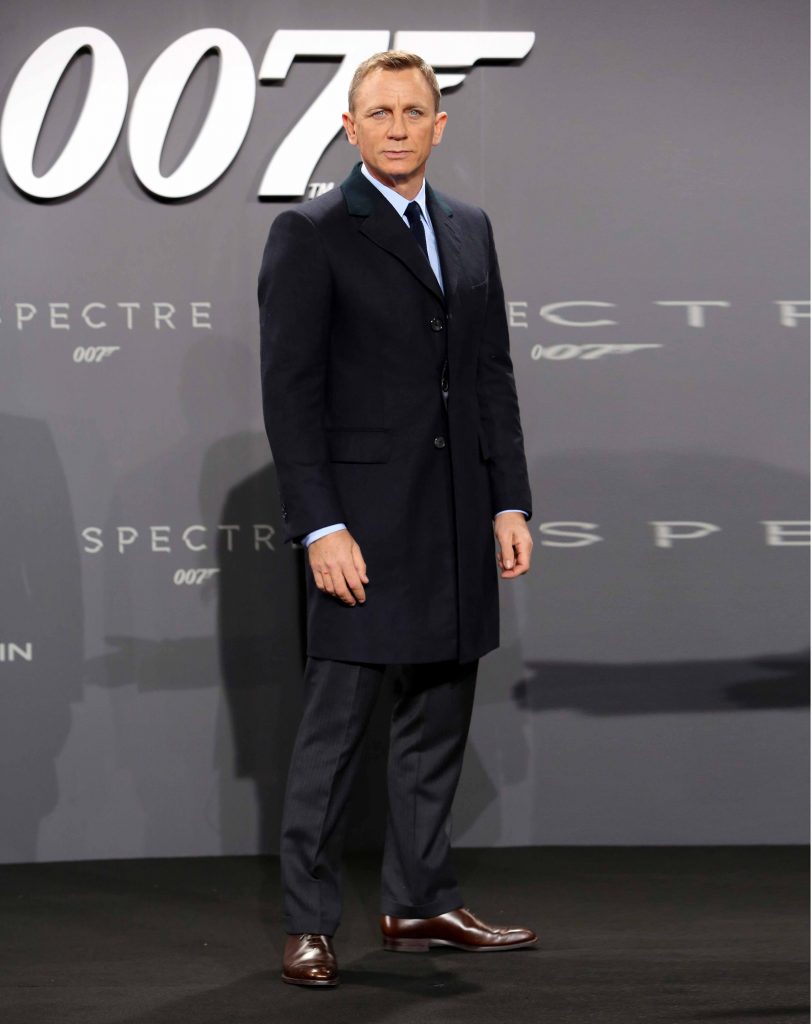 ON WHAT HIS TIME AS JAMES BOND HAS MEANT TO HIM
ON WHAT HIS TIME AS JAMES BOND HAS MEANT TO HIM
“The role has changed my life and my career in a thousand ways, and it has given me the power to do what I want in the future. Also, I have learned a lot. I have always been very involved in the whole process. Before we began work on Casino Royale. I spoke with the producers, Barbara Broccoli and Michael Wilson, and I said to them: “You want me to go out there and become James Bond, which is a huge responsibility in terms of image and commitment? Therefore, I need to be involved in the production. And they agreed and made it very easy for me.”
PUTTING EVERYTHING INTO PLAYING BOND
“If you’re going to do that sort of stuff, you’ve just got to get it right. You’ve got to give it your best shot. When you’ve got all that talent, everyone gunning to make it good, you’ve got to get it…It’s a Bond movie. You want people to go, ‘Whooah!’ A sharp intake of breath during a movie is never a bad thing.”
ON HIS BOND GETTING BASHED AROUND
“I love the fact that Bond takes a lot of battering, and so he should – he’s an agent, and he’s up to that. But it’s how he stands up to adversity, where he’s one against many, usually. As long as we can keep that interesting, and how he deals with those situations, then it’s worth making the movies. “
“Bond doesn’t really break – he gets thrown about… Bond’s a soldier. He tries to hide his emotions, tries to be in control all the time, and playing around with that – pushing those boundaries – is interesting.”
ON WHETHER HE HELPED KNIVES OUT CO-STAR ANA DE ARMAS LAND THE ROLE AS THE BOND GIRL IN NO TIME TO DIE
“Yes and no. While we were preparing to shoot No Time to Die, director Cary Fukunaga came up to me and asked, ‘Do you know Ana? I want her for our film.’ Ana and I had just shot Knives Out, and I was very much in favour of Cary’s choice to cast her.”
ON BOWING OUT AS BOND
“I’ve had a really good run. It was the right thing to do one more… I think we’ve done something really wonderful. We’ve got an amazing story and something that’s going to be surprising for people. The Bond movies are incredibly special. Nobody else makes them and Bond still gets people going.”
ON THE IMPORTANCE OF IAN FLEMING
“We always go back to Fleming. We just do it, you have to. I mean, the darkness, the conflict… His wife thought the Bond novels were smut, but it was smut that got them a lovely place in Jamaica. He was conflicted. I like that. He wanted to make a spy, after his war experience, and the knowledge of these brave men who had gone to battle – and he’d sent a few to battle, probably to their deaths, making heroes out of them. You know, the despondency of coming out of the ‘50s. He set the tone of the ‘60s. In a way his stories had nowhere else to go until they were made into films. They literally changed the face of movie making in the ‘60s. The legacy is incredible.”
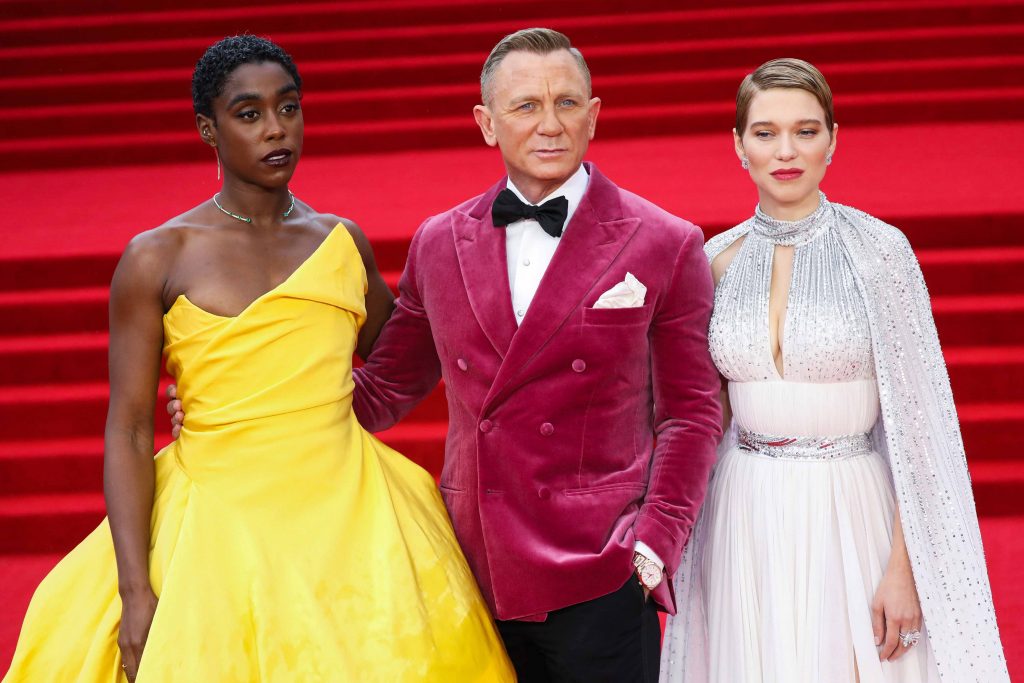 ON REDEFINING BOND
ON REDEFINING BOND
“I couldn’t come in and pretend to be James Bond, because everyone knows Bond as Pierce or Roger or Timothy or Sean. I couldn’t come in and go, ‘Hmm, Martini,’ or whatever. It’s not who I am, and how I kind of approach things.”
“The truth of it is that I always had this plan in my head is that we got to make them and begin them again and bring all that back in, but it had to happen the way it did. I can’t see it happening any other way… We had to destroy the myth (of the previous Bonds).”
“The original Bond was always in turmoil with himself, always questioning. Maybe he got smoother as the books went on. But going back to the beginning, it’s the way I approach my work. I’m aware it’s a Bond movie and always remains a Bond movie. I’ve just always felt there should be an element of truth or emotion in a movie, so that the audience can hook in. If it’s only action, then it’s not the complete picture.”
ON WHY HIS BOND WAS NEVER CAMPY
“I can’t do shtick, I’m not very good at it. Unless it kind of suddenly makes sense. Does that make sense? I sometimes wish I hammed it up more, but I just can’t do it very well, so I don’t do it.”
ON GETTING SAM MENDES TO DIRECT SKYFALL AND SPECTRE
“He’s English, he’s Cambridge-educated, he’s smart. He’s lived with Bond all his life; he grew up with Bond the way I did. We grew up at exactly the same time, and I said to him (about working on Skyfall): “We have to do this together, we have exactly the same reference points, we both like the same Bond movies and we both like the same bits in the same Bond movies we like.”
We sat down and we just rabbited for hours about Live and Let Die or From Russia with Love and talked about little scenes that we knew from them. That’s how we started talking about it.”
ON NOT NEEDING TO PROVE HIMSELF ANYMORE
“Sometimes shooting on a smaller scale, as long as things don’t blow out of proportion, is very liberating. But I wouldn’t like to self-consciously go out and look for some nice small indie project just to get a chance to prove my acting chops. I think I’ve … done enough of that.”
ON PLAYING MIKAEL BLOMKVIST IN GIRL WITH THE DRAGON TATTOO
“I liked the character. I liked the fact that he’s flawed, complex, weak, egotistical, and a man on a moral crusade. And all those things made for an interesting combination, plus the fact that he has this brilliant relationship with Lisbeth Salander, this damaged, hyper-intelligent human being. On paper, they don’t match, but as the story unfolds, they really respond to each other. She’s the one with the balls in the relationship. He’s happy to watch while she beats someone up!”
ON PLAYING DETECTIVE BENOIT IN THE DARK COMEDY KNIVES OUT
“I was pretty confident I could get the comedic aspect right… Look, I don’t get to play parts like this very often. And I wouldn’t have gone for it if the script weren’t as good as it was and Rian Johnson wasn’t the director. The satisfaction of watching the film with an audience and them laughing at the same gags I laughed at when I first read it, there’s such a joy and satisfaction to that.”
ON WHETHER HE WOULD PLAY IN THE PLANNED KNIVES OUT SEQUEL
“Sure. I’d be over the moon. I mean, I’d do anything for Rian [director/writer Johnson]. If he writes something, I’ll do it. Of course I will. Why wouldn’t I? I had a ton of fun doing it. You aim for that every time; you aim for that to work out. It rarely does, but it did in that movie and how nice is that?”
ON PURSUING HIS CHILDHOOD ACTING DREAM
“Acting is what I have wanted to do all of my life. I think I got some sort of a bug when I was a kid and I watched movies avidly when I was nine or ten, going to the cinema as much as I possibly could. And I was fortunate enough to be taken to the theatre as a kid to see a lot of plays and it stuck with me and it never went away.”
ON LEAVING HOME AT 16
“I left Chester (Liverpool) in 1985, when it was as depressed as it could be. My mother says I wasn’t 16, so maybe I was 17 by the time I properly left home. But I definitely left at 16 and spent the summer in London. I lived in north London, west London, stayed on people’s floors until they chucked me out. I was studying at the National Youth Theatre in London. We didn’t have any money, but my mum would bung me a couple of hundred quid (pounds), and they were people willing to look out for me. I managed to scrape it together. God knows how, it’s terrifying really. My mother gave me a gentle push. I was terrible at school. There wasn’t a lot for me to do. I wanted to act, and she knew that there wasn’t much going in Liverpool and I had to go to London.”
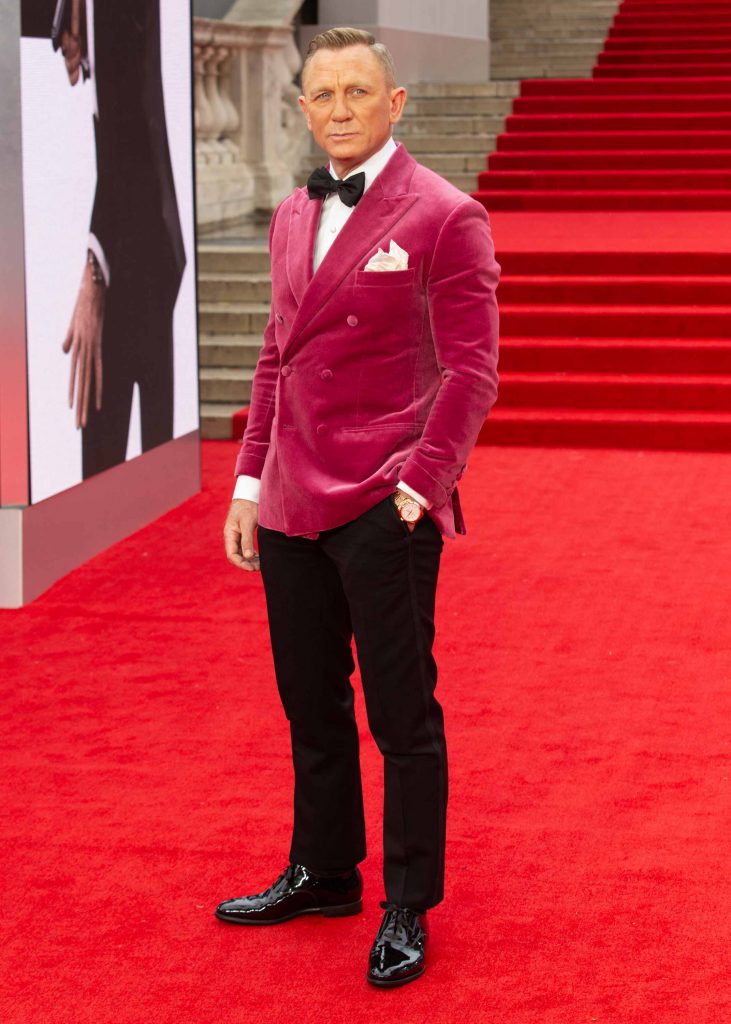 THE BEST ACTING ADVICE HE EVER RECEIVED
THE BEST ACTING ADVICE HE EVER RECEIVED
“To learn to relax! (Laughs) I was much too intense at the beginning because I was so desperate to get my career going. I was also shit-scared beyond belief whenever I would audition or even when I would go on the set. I was such a neurotic ball of nerves that I had forgotten how to act. And then I began working on a British TV series (Our Friends in the North) in 1996 and the other actors working with me would just keep telling me to take it easy. One older actor told me, ‘Fucking relax, just enjoy it.’ After a few months, I had finally figured out how to work at a level that I wanted to be at and was able to grow as an actor and as a man from that point onwards.”
ON ACHIEVING THE GOOD LIFE
“I’ve got the life I want. It was in my mid-thirties that I started figuring out what kind of relationships I wanted and needed to have to make myself happy and make the people around me happy. I was pretty driven as an actor but then once I started getting some good film roles, I felt this wonderful, creeping sense of freedom. I thought to myself, ‘This is what you wanted. This is where you always wanted to be.’ That’s the point where you can start really living.”
ON THE DOWNSIDE OF BEING A CELEBRITY
“Being famous was a shock. It took me 20 years to get used to the idea and the fact of having to give up my private life…Not being able to go to certain places, and live the way I used to, was a difficult adjustment for me. But I’m not going to complain because the upside has been huge.”
ON HIS FUTURE ACTING PLANS
“I don’t have any. I am in the fortunate position of being sent a lot of scripts and offering me very different roles. My only plan is to work with good and nice people.”
ON WHETHER WORKING AS A WAITER IN HIS YOUTH HELPED SHARPEN HIS ACTING SKILLS
“I didn’t know at first, but yes, it did. It requires you to project a persona, really. And you need a persona, I’m sure, as most waiters will tell you, just so you can ignore, you know, how rude people are a lot of the time. … I was full-on silver service, bow ties and had to do cocktails and do the whole thing. I did that for years.”
ON HOW HE LIKES HIS MARTINIS (SORRY, BUT WE HAD TO ASK…)
“Shaken, of course. Cold as hell and very dry.”
INTERVIEW: WENN
PHOTOGRAPHS: GETTY, WENN, SHUTTERSTOCK
![]()



